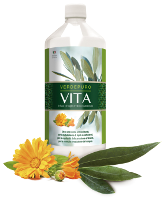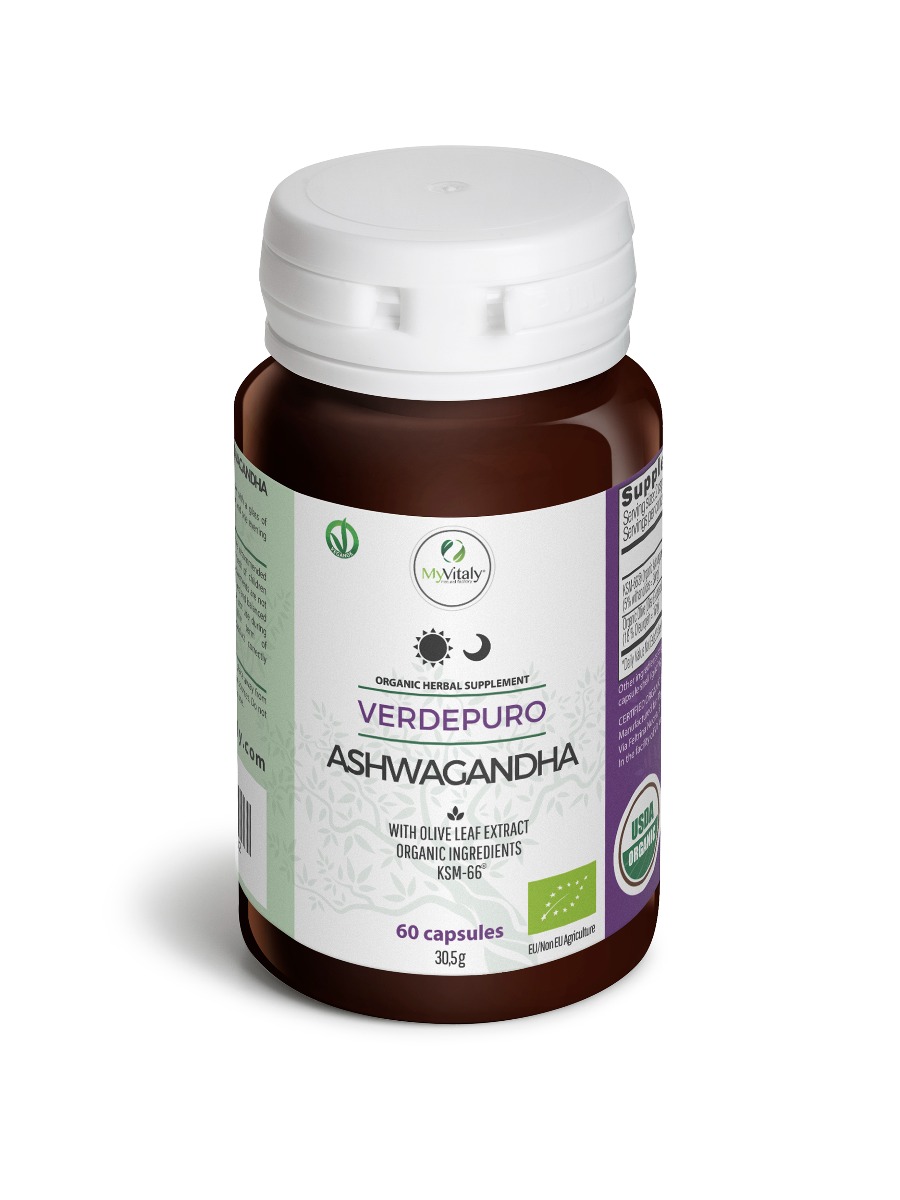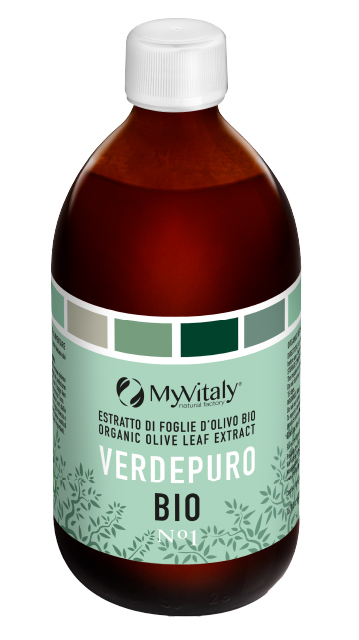This website uses first-party and third-party cookies for technical, analytical, statistical, remarketing and profiling purposes. More information and how to manage preferences are available on the Legal Notice and Privacy. By selecting “continue”, or by proceeding with browsing, you agree to the use of third-party cookies.
In Europe, Cardiovascular Diseases Cause 4 Million Deaths Each Year
3 easy step to follow to check your blood levels and keep them under control
1 - Understand your body signals

Cholesterol plays a key role in this phase and, a cholesterol level above out of the limits, should not be underestimated.
Before you understand what the limits are and how to keep them under control, what is cholesterol?
What is Cholesterol?
Your own liver creates all of the cholesterol present in your body. All excess is derived from food sources, including meat, poultry, fish and dairy products.
As mentioned, this substance is necessary to live a healthy life. Unfortunately, due to its high presence in certain food sources, these levels could reach dangerous heights.
Bad Cholesterol VS good Cholesterol (LDL vs HDL)
A high level of low-density lipoproteins (LDL), also known as “bad cholesterol”, promotes a build-up of cholesterol in your arteries that will eventually harden into a tough plaque (atherosclerosis), which can potentially cause high blood pressure, angina, heart attack, or even stroke.
High-density lipoproteins (HDL), also known as “good cholesterol” have the main task of clearing unnecessary cholesterol build-up from other parts of your body, back to your liver to be removed from your system. HDL is a friendly scavenger whose main task is to cruise the bloodstream and remove unwanted substances.
Triglycerides is one additional main substance that uses lipoproteins to float freely through the bloodstream: they store unused calories and provide your body with energy. If not used, triglycerides can add to plaque build up, which could also result in major health problems.
2 - Check your cholesterol level
| Total Cholesterol | |
|---|---|
|
Below 200 mg/dL |
Desiderable |
|
200-239 mg/dL |
Borderline Hight |
|
240 mg/dL and above |
Hight |
| HDL cholesterol | |
|---|---|
|
Below 40 mg/dL (men) |
Poor |
|
50-59 mg/dL |
Better |
|
60 mg/dL and above |
Best |
| LDL cholesterol | |
|---|---|
|
Below 70 mg/dL |
Ideal for people at very high risk of heart disease |
|
Below 100 mg/dL |
Ideal for people at risk of heart disease Hight |
|
100-129 mg/dL |
Near ideal |
|
130-159 mg/dL |
Borderline high |
|
160-189 mg/dL |
High |
|
190 mg/dL and above |
Very high |
| Triglycerides | |
|---|---|
|
Below 150 mg/dL |
Desiderable |
|
150-199 mg/dL |
Borderline high |
|
200-499 mg/dL |
High |
|
500 mg/dL and above |
Very high |
3 - Lower cholesterol naturally

There are many different natural remedies to reduce cholesterol.
Simple changes, such as increasing your daily physical activity and decreasing your sugar intake can make a big difference.
Some additional natural remedies can include the following:
- Increase Omega 3 fatty acid intake
- Decrease alcohol consumption
- Increase consumption of foods high in soluble fiber
- Decrease hydrogenated and trans fat intake
One of the easiest ways to increase HDL levels in your system, and consequently lower cholesterol levels can likely be found right in your kitchen at home.
Olive oil has been proven to be one of the most helpful sources to decrease overall levels of cholesterol in the system.
Our Solution

Olive Leaf Extract
Olive leaf extract helps to lower cholesterol in the blood, while simultaneously assisting in the maintenance of normal blood pressure.
How olive leaf extract reduces cholesterol?
1. Polyphenol compounds found in olive leaves help to prevent the formation of arterial plaques and reduce the risk of heart attack and stroke by reducing the production of adhesion molecules.
2. It reduces platelet aggregation (clumping), which in conclusion, reduces the risk of stroke or heart attack.
Overall, olive leaf extract is a dietary supplement and an excellent preventive measure to take for many potential health issues (even greater than cholesterol).
Try now the best food supplement for cholesterol MyVitaly® Verdepuro BIO.
It is our new organic and pure olive leaf extract. Pure oleuropein extract enriched with Calendula flower and orange and lemon essential oils for a juicy taste.





 Login
Login
 Register
Register 
